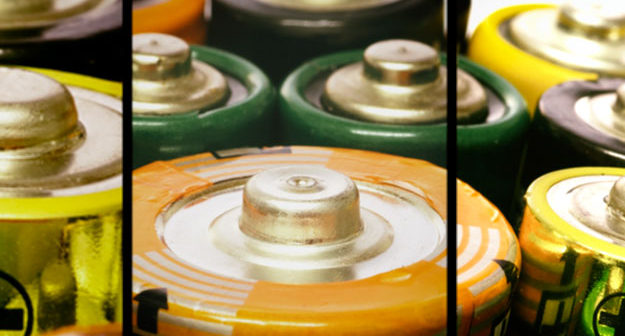Flow battery built with cheap and non-toxic materials is not the future, but it is good news for our present.
Few weeks ago we collected and shared the alarm according to which the metal market could soon have to face a serious criticality. However, these days the scenario is occupied by rumors emerging in relation to a new flow battery able to make great progress in the energy storage industry.
Employing cheap and non-toxic materials for its realization.
Reuters reports this, recalling the statements of Lockheed Martin Corp, a giant in the US-based aerospace sector.
When it comes to large-scale accumulation, the advantages of the flow batteries compared to lithium technology are undoubted: greater life cycle and offer independence between stored energy and power delivered. Furthermore, the disadvantages arising in the form of degradation shown by lithium are eliminated.
“It opens up the possibility not only of making renewables more tradable and more useful, it could even change the structure of at least a portion of the utility market,” Leo Mackay, senior vice president of sustainability and ethics, told reporters. Lockheed at the company’s Global Vision Center in Virginia.
The project, according to Mackay, points to the utility market and the expected date is estimated within a year.
Overall, that of flow batteries is a rapidly growing market.
Today it is worth $ 173.6 million and is expected to increase to $ 943.6 million by the year 2023, with a CAGR growing 32.60 percent.
Finally, Lockheed, which has developed advanced battery technologies for its space program for decades, states that flow batteries can last from 6 to 10 hours compared to 2 or 4 for lithium-ion batteries.
The most logical use mentioned by Lockheed is that of electricity generators during peak hours.
In fact, the utilities have always had to rely on large power plants, while with the flow batteries a big hand would be given to the utilities, bringing them closer to the territory and being less dependent on centralization.



